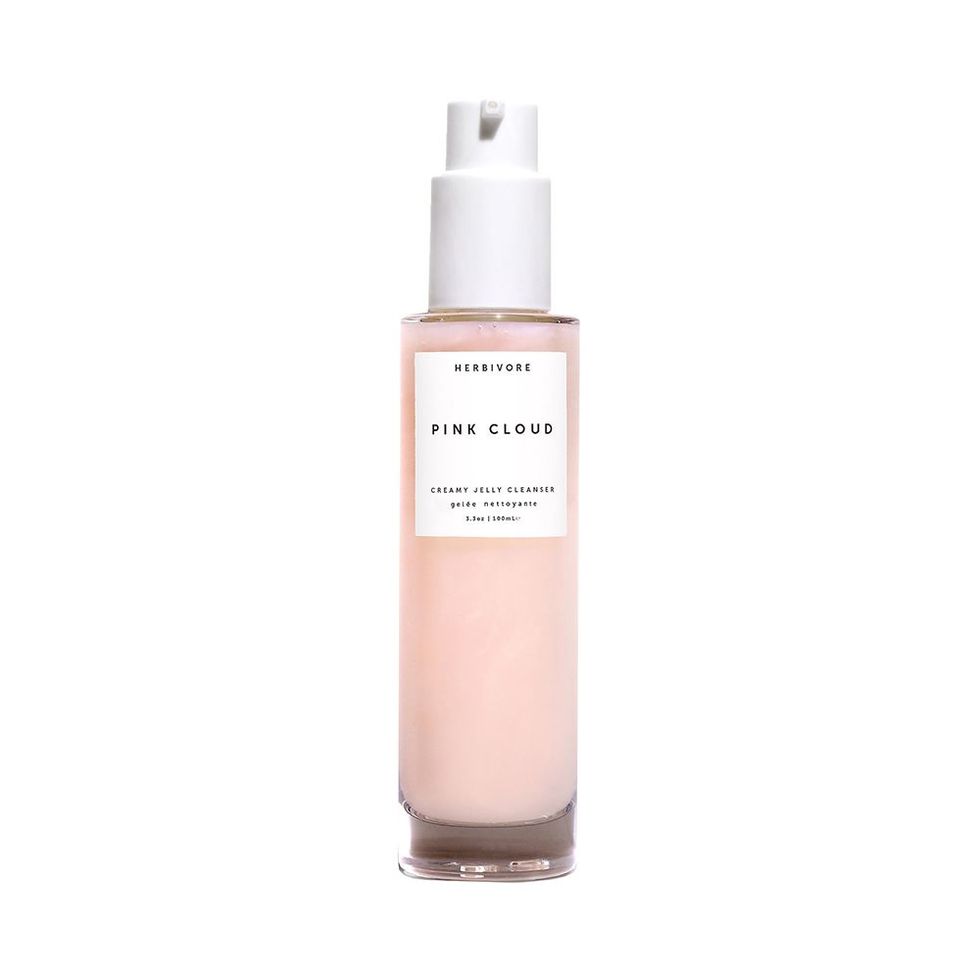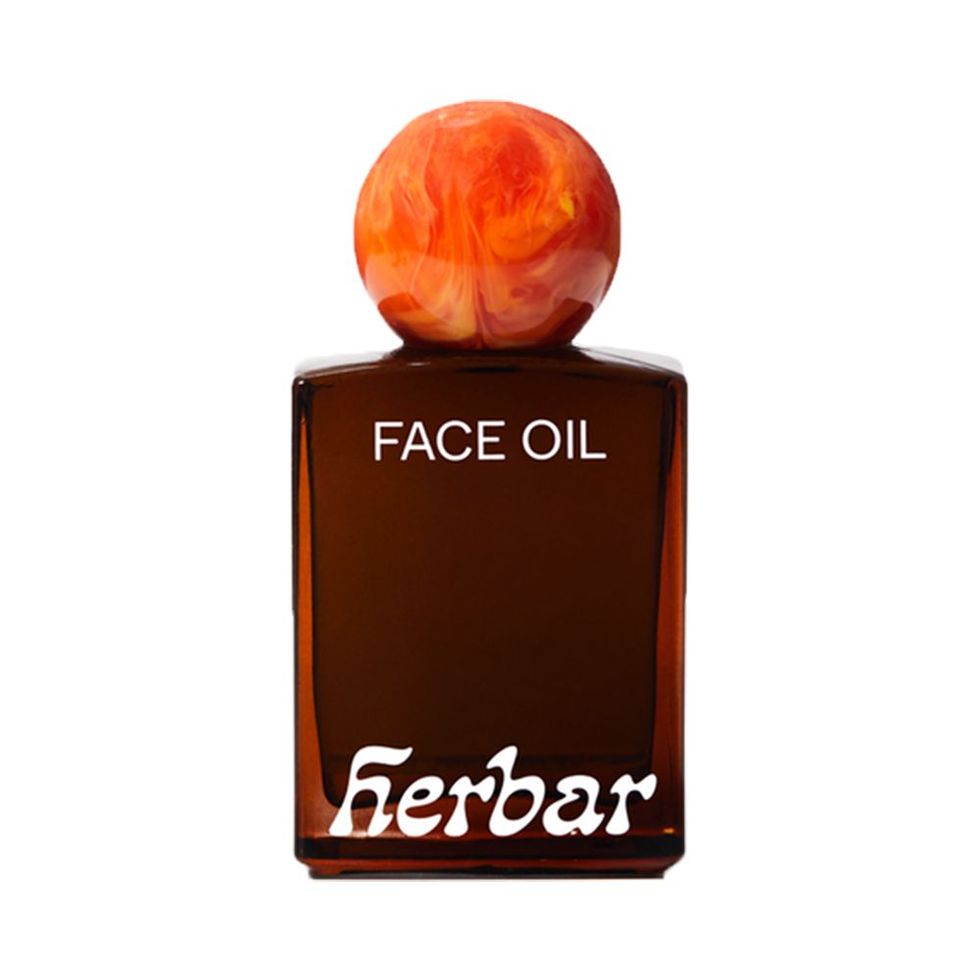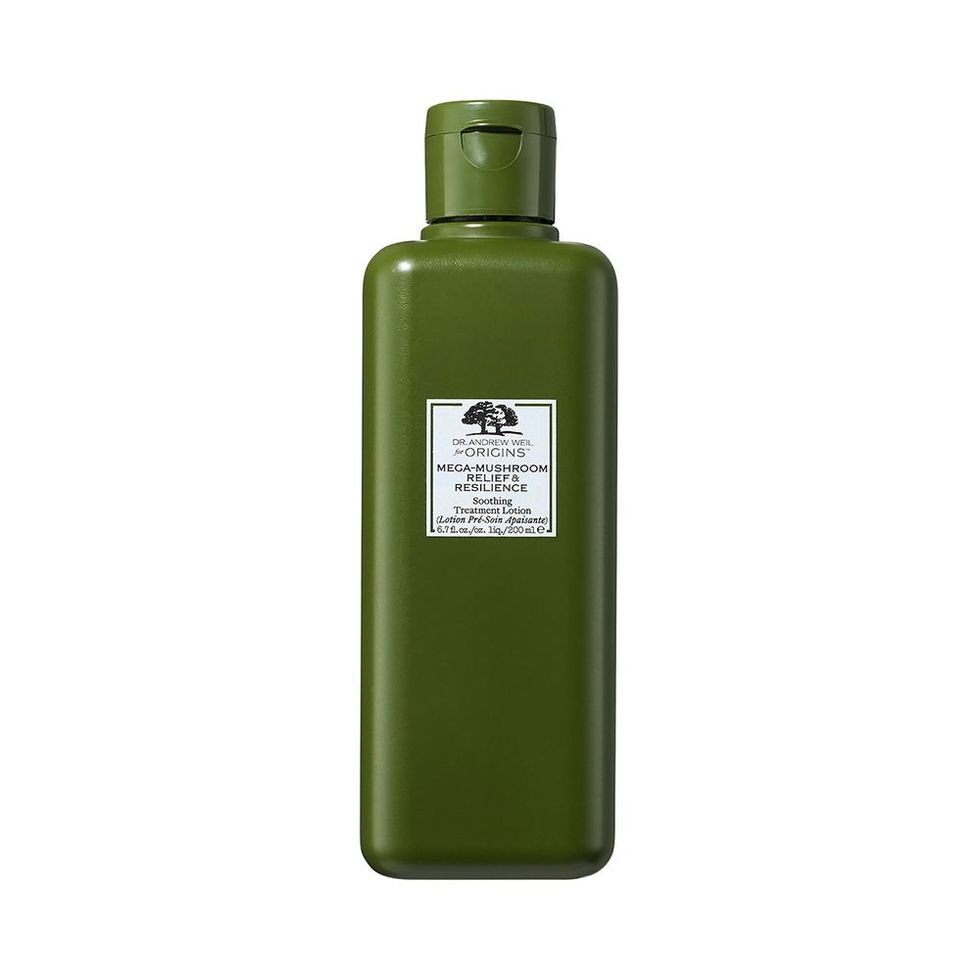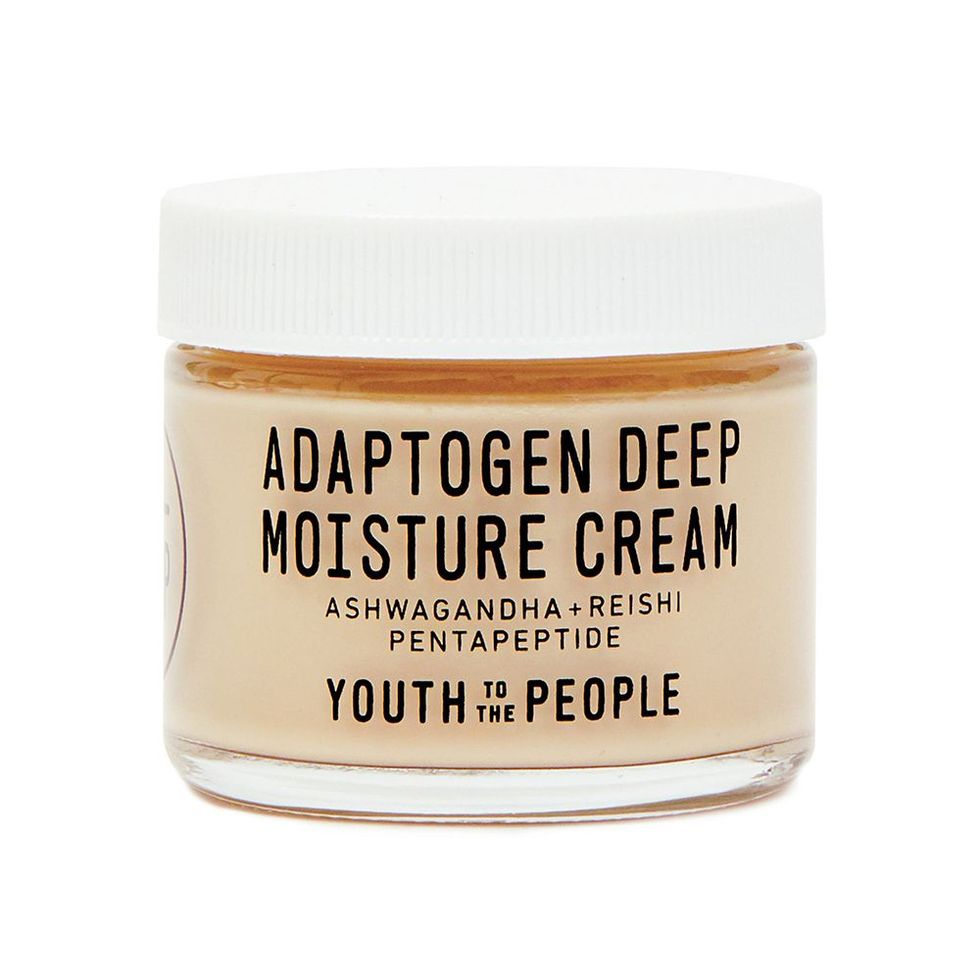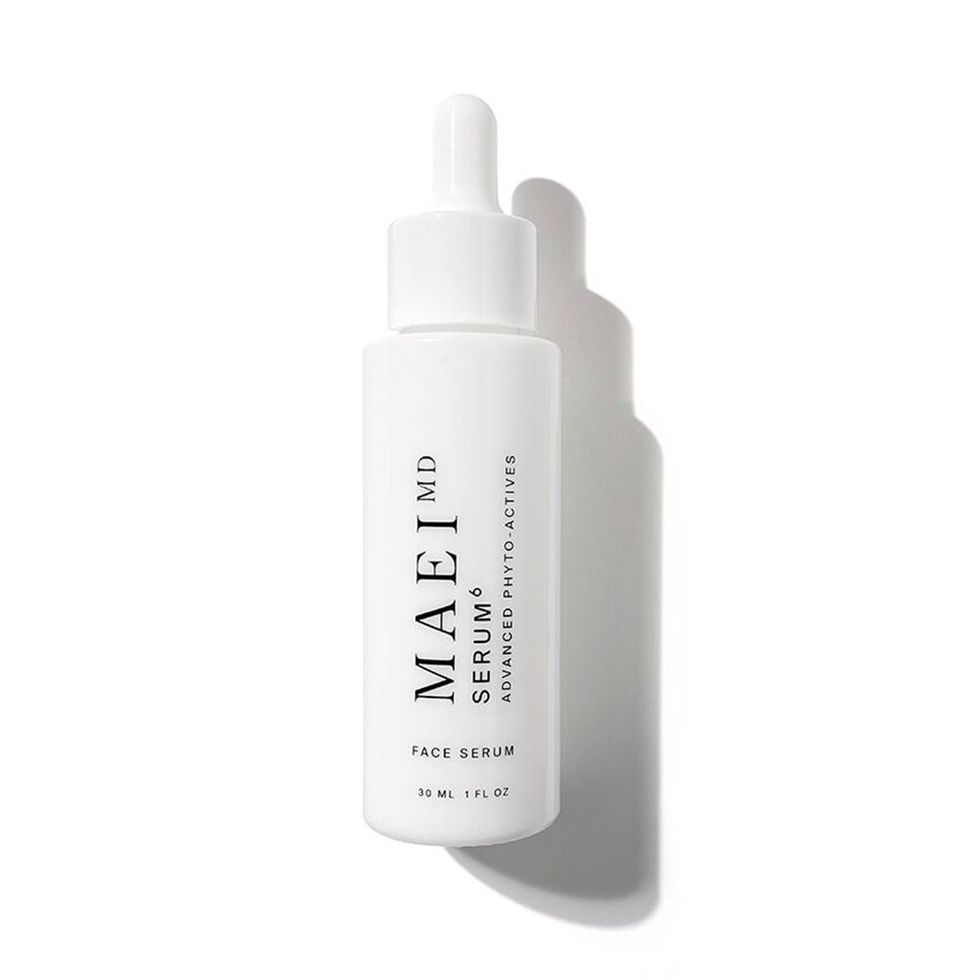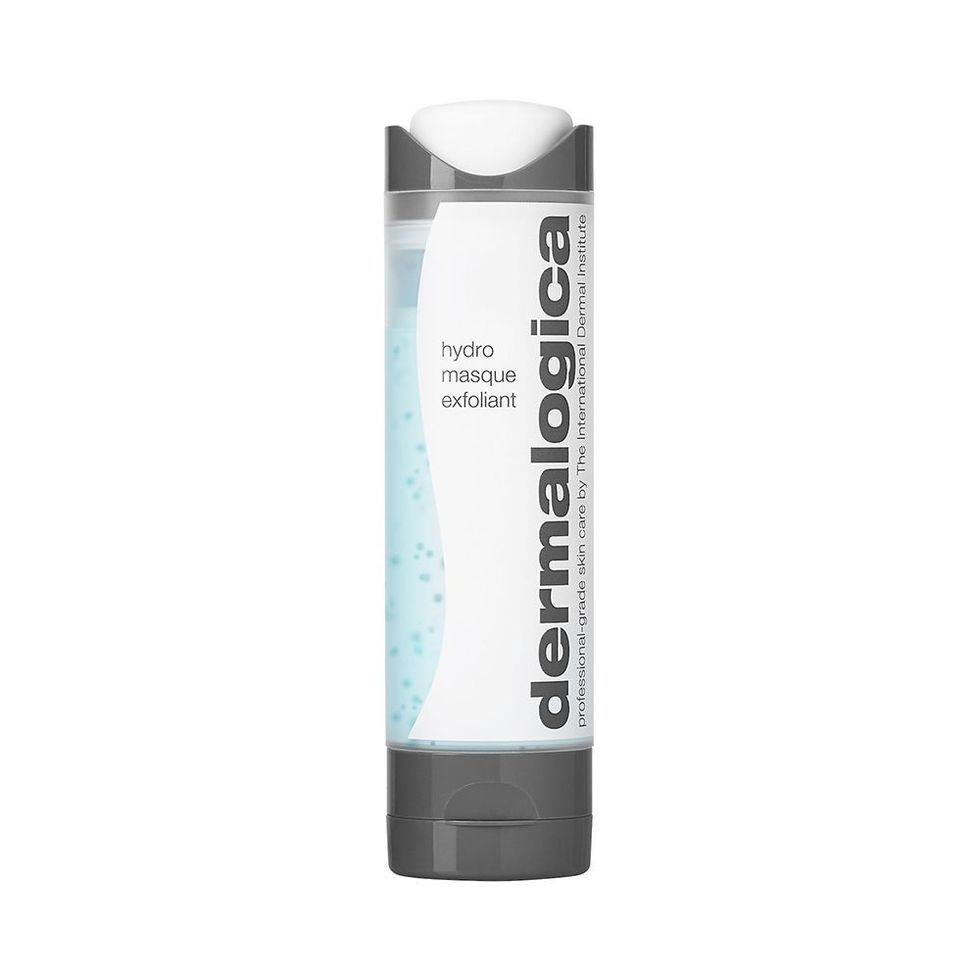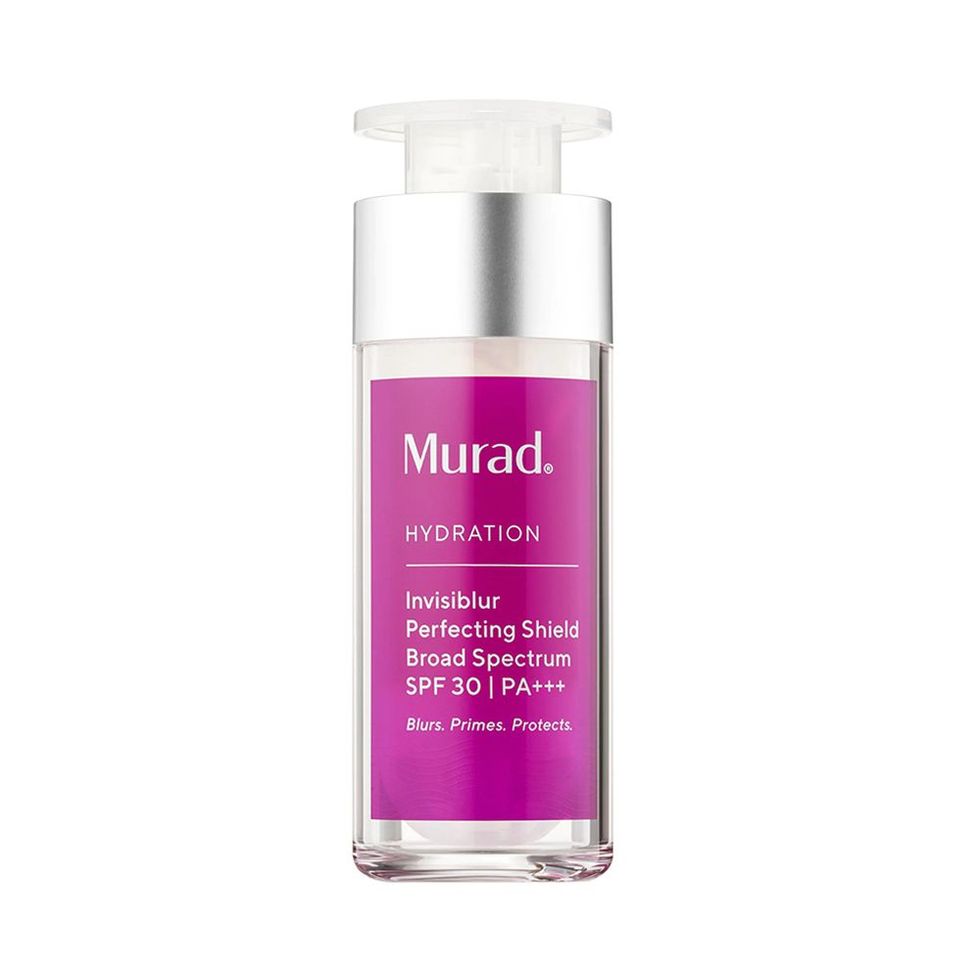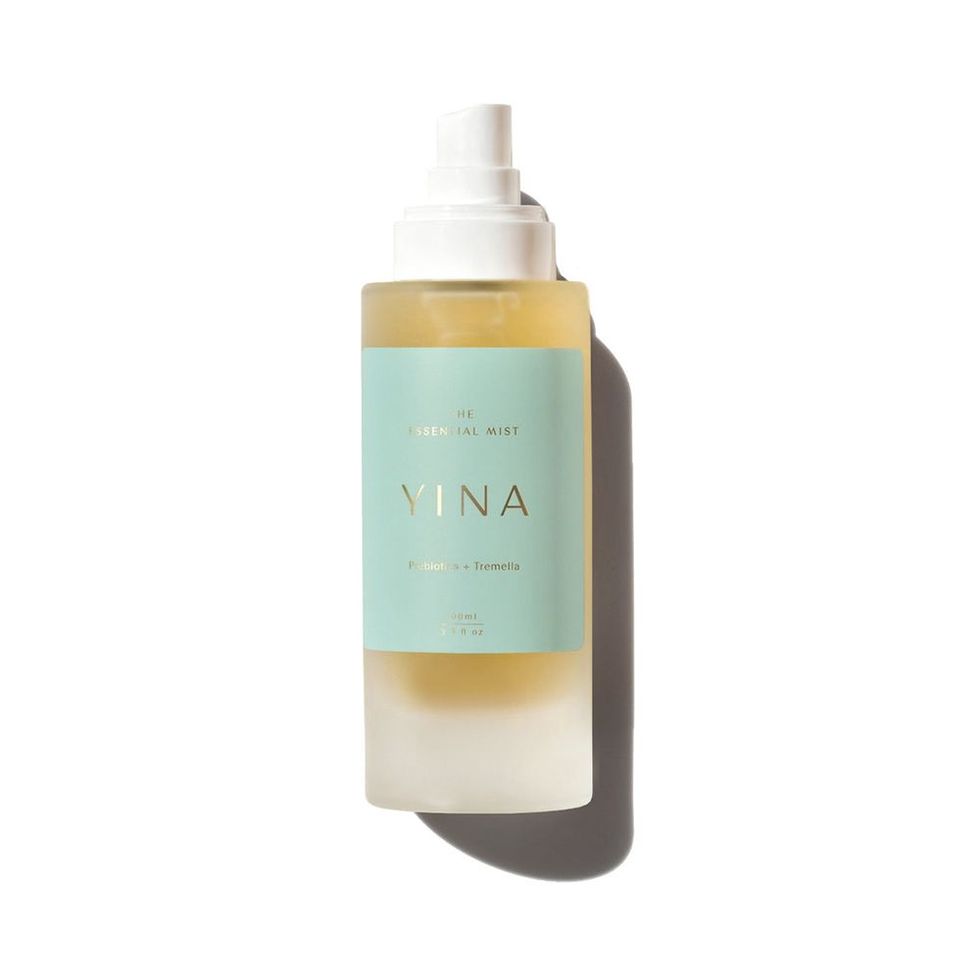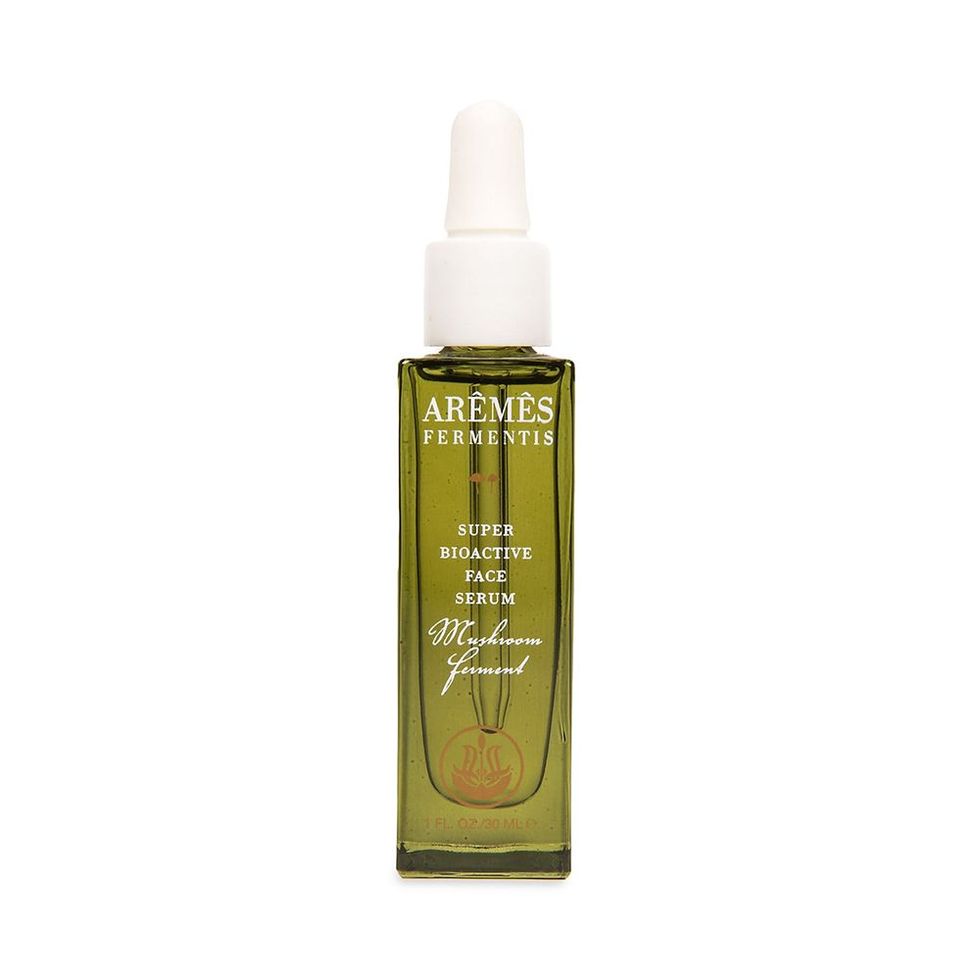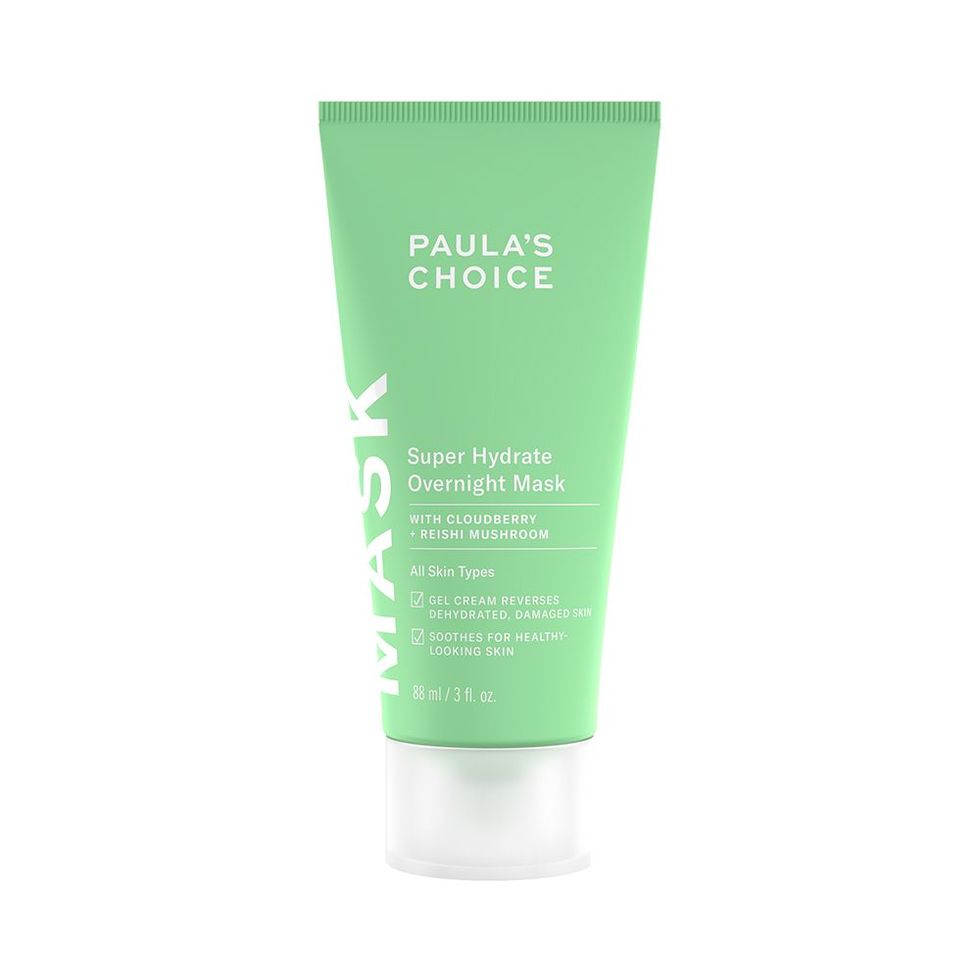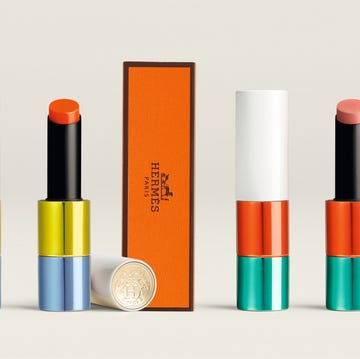Mushroom Skincare Is Huge Right Now
Experts weigh in on how the fungi can help give you a healthier, glowing complexion.

Every item on this page was chosen by an ELLE editor. We may earn commission on some of the items you choose to buy.
Mushrooms have existed on earth for approximately 1.5 billion years and have been utilized in Traditional Chinese Medicine (TCM) for centuries. But today, the age-old fungi are experiencing somewhat of a renaissance. Countless restaurants have incorporated it into their menus, tons of wellness brands are using it in supplements and powders to keep your body functioning at its peak, and people have taken to micro-dosing psychedelic strains to supposedly limit anxiety. “Mushrooms are delectable, edible, and can have beneficial effects on our mood, cognition, memory, and immunity,” says Dr. Christopher Hobbs, Ph.D., author, and herbal medicine expert. And now, fungi are infiltrating the beauty market.
The first mainstream use of mushrooms in skincare can be traced back to 2005 when integrative medicine practitioner Dr. Andrew Weil collaborated with Origins on a fungi-packed lotion. The best-selling formula is still in circulation, and nearly two decades later, mushrooms can be found in a growing number of cosmetics, face masks, face serums, and more.
Burgeoning labels aren’t the only ones backing the ingredient, either—plenty of name-brand companies are cashing in on the shroom boom, too.
Ahead, we spoke with a group of experts to learn all about the skincare benefits of mushrooms and why they’re having such a moment.
How can mushrooms benefit the skin?
“Studies are stacking up on how mushrooms can benefit the skin thanks to their metabolites that can help fight free radicals, hydrating beta-glucans, melanin-inhibiting compounds that can help combat dark spots, and high vitamin D content to keep damage at bay,” says Catarina Oliveira, co-founder of new mushroom-based skincare brand Herbar. “Beta-glucans, triterpenes, polysaccharides, and polyphenols (all found in mushrooms) have often been used to help with rosacea, sensitivity, acne scarring, and compromised skin barriers.”
Some types of mushrooms, such as reishi, shiitake, and tremella, are classified as adaptogens. “Applying adaptogens to the skin can help it recover from environmental stressors such as UV radiation, pollution, and toxins,” says dermatologist and Maei MD founder Dr. Rebecca Marcus. “Adaptogens have antioxidant properties that can neutralize free radicals created by these stressors, as well as anti-inflammatory properties to help calm and repair the skin.”
Although she mentions that data surrounding the benefits of topical adaptogens is limited, there’s other research that shows adaptogens may also boost skin health when eaten. “Some literature reveals that adaptogens help regulate the body’s response to stress and bring the body back to homeostasis,” she says. “We know that skin health can start from the inside out, so if adaptogens help the body as a whole, the skin could improve as a result.”
Specifically, Oliveira mentions that consuming adaptogens may “reduce inflammation markers that can impact stress-triggered skin conditions (such as adult acne).”
Generally speaking, though, Dr. Marcus says mushrooms benefit the skin most when applied topically and should be safe for all skin types—unless you have a specific allergy to the fungus.
The most common types of mushrooms used in skincare
Dr. Hobbs notes that about 150,000 species of mushrooms have been identified but scientists believe there are up to four million existing on the planet. Currently, seven strains are most commonly used in skincare formulations: reishi, tremella, shiitake, cordyceps, coprinus, chaga, and trametes versicolor.
Reishi: Herbar co-founder Rui Liu notes these have been dubbed the “mushrooms of longevity,” as they’re “anti-inflammatory and contain powerful antioxidant compounds to keep skin looking healthy,” she says. Additionally, they contain beta-glucans, or “hydrating ingredients that support the all-important skin barrier and have been studied to increase collagen production,” says Dr. Marcus. Furthermore, reishi mushrooms have been found to inhibit the melanin-producing enzyme tyrosinase, so they may be effective in preventing discoloration and hyperpigmentation.
Tremella: “Loaded with polysaccharides, tremella is touted to be an excellent moisturizer,” explains integrative medicine practitioner Dr. Dana Cohen. According to one study, products tested with 0.05 percent tremella offered even better moisture retention than products with 0.02 percent hyaluronic acid—a well-known hydrator produced naturally by the body. “Plus, research has shown tremella promotes cell growth, which can strengthen the skin barrier and help with wound healing,” Liu says.
Shittake: Shiitake mushrooms are also popular for targeting hyperpigmentation since they contain the tyrosinase-inhibiting compound kojic acid, explains Dr. Marcus. Because these mushrooms have antioxidant and anti-inflammatory qualities, they may help prevent the breakdown of collagen and elastin in the skin and decrease redness, too.
Cordyceps: A true all-around powerhouse, cordyceps are antioxidant-rich mushrooms believed to hydrate, reduce dark spots, boost collagen and elastin production, and soothe inflammation associated with conditions like psoriasis and eczema. “Cordyceps help to calm overall irritation and soothe dry, flaky skin,” says Herbivore co-founder Alex Kummerow. What’s more, they may help shield the skin from harmful UV rays. “Few studies indicate that extracts of this mushroom are photoprotective, offering up to SPF 25,” Dr. Cohen says.
Coprinus: “These are great for protecting overall skin health by neutralizing pollution-triggered oxidative stress—which can lead to inflammation and accelerated aging of the skin—and for reducing dryness that may cause skin sensitivity,” says Kummerow.
Chaga: Limited research suggests that ingesting chaga mushrooms may help limit the growth of cancerous tumors. The mushroom can also have potent skincare benefits when applied topically, as Chaga contains antioxidants and is anti-inflammatory. Moreover, a study in the journal of Evidence-Based Complementary and Alternative Medicine found that extracts of these mushrooms can prevent melanin production and potentially minimize dark spots.
Trametes versicolor: Sometimes known as turkey tail for its fanned-out shape, this mushroom may help support skin health by offering antioxidant and brightening functions.
Why are mushrooms popular in skincare these days?
According to Kummerow and Dr. Marcus, mushrooms meet rising consumer demands for clean, science-backed, and multifunctional skincare ingredients—a desire that may be largely due to the effects of the pandemic. “Because of COVID-19, a lot of people have modified the way they approach their health today,” says Stephanie Tan, founder of wellness brand NOOCI. “I think people know that they need to invest in their health, and it’s not about quick fixes. Mushrooms are a timeless, holistic gateway into this realm. If anything, they’re going to become an even bigger deal in years to come as more scientific studies become available and new discoveries are documented,” she adds.
As “no-makeup” and minimal makeup looks carry over from the height of the pandemic, it only makes sense that people continue to prioritize good-for-you skincare ingredients that create a healthier foundation. Liu agrees with these sentiments. “We truly believe the future is fungi and adaptogenic, and we are here for it.”
If you’re interested in testing out the potential perks of mushroom-based skincare products for yourself, below are 10 options (including expert-backed picks) to try.


A Dermatologist’s Guide To Navigating TikTok

Body Botox Is the Next Frontier
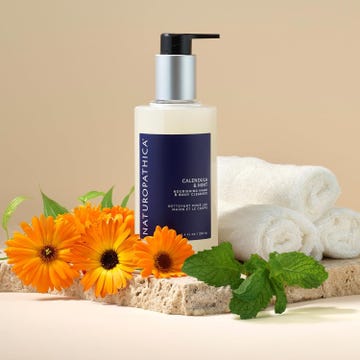
A Soothing Body Wash for Your ‘Everything Shower’
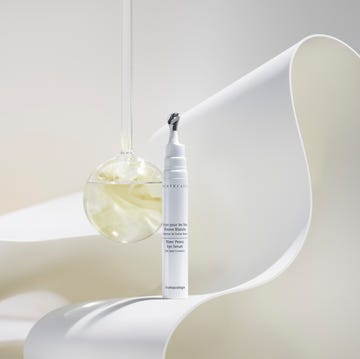
This Eye Serum Made My Dark Circles Disappear
